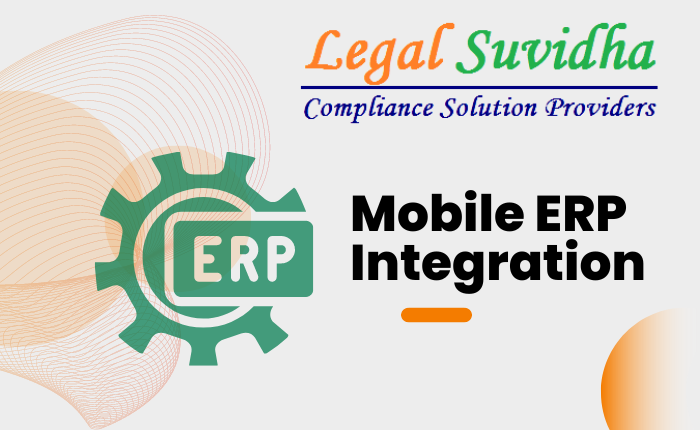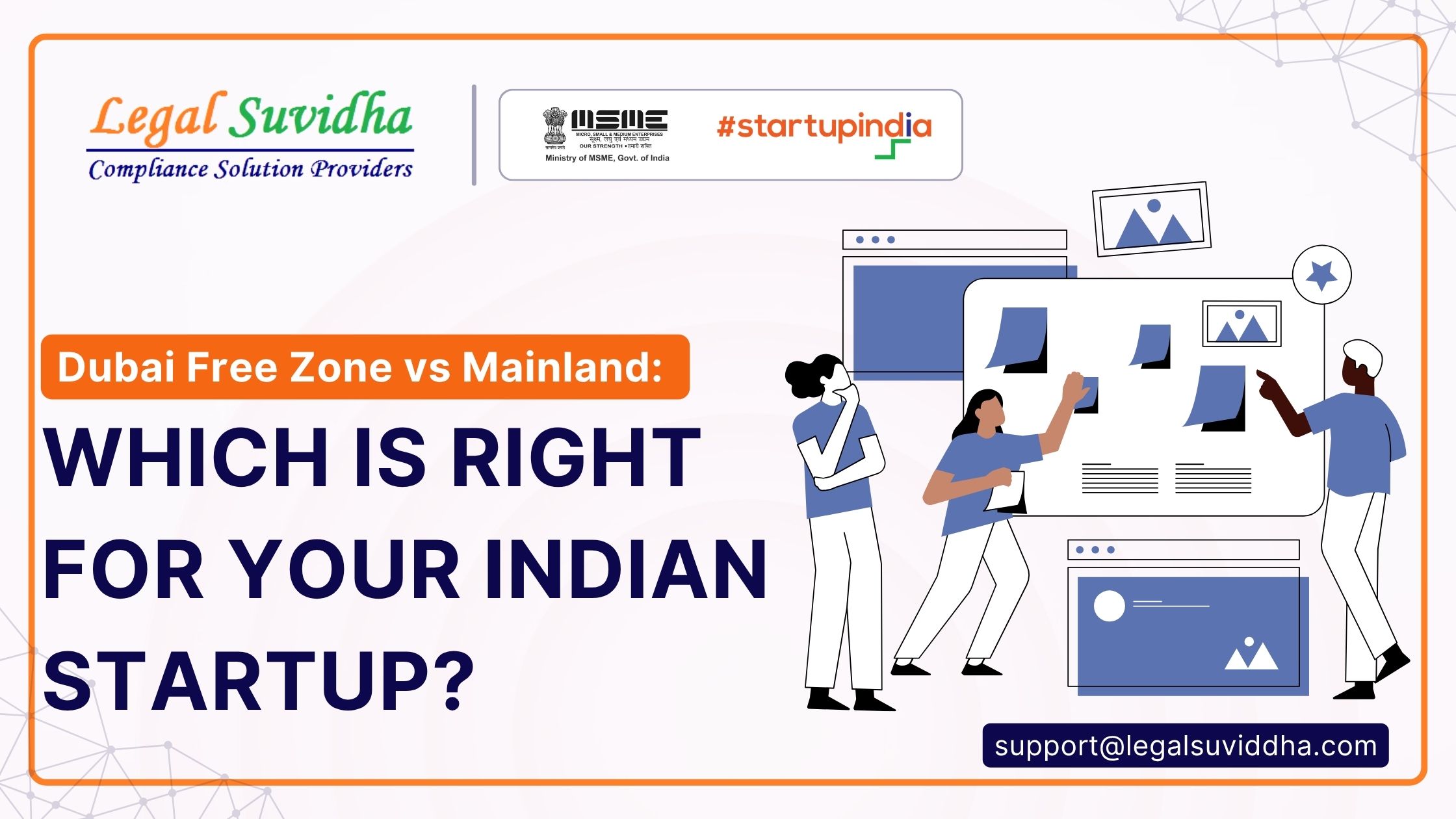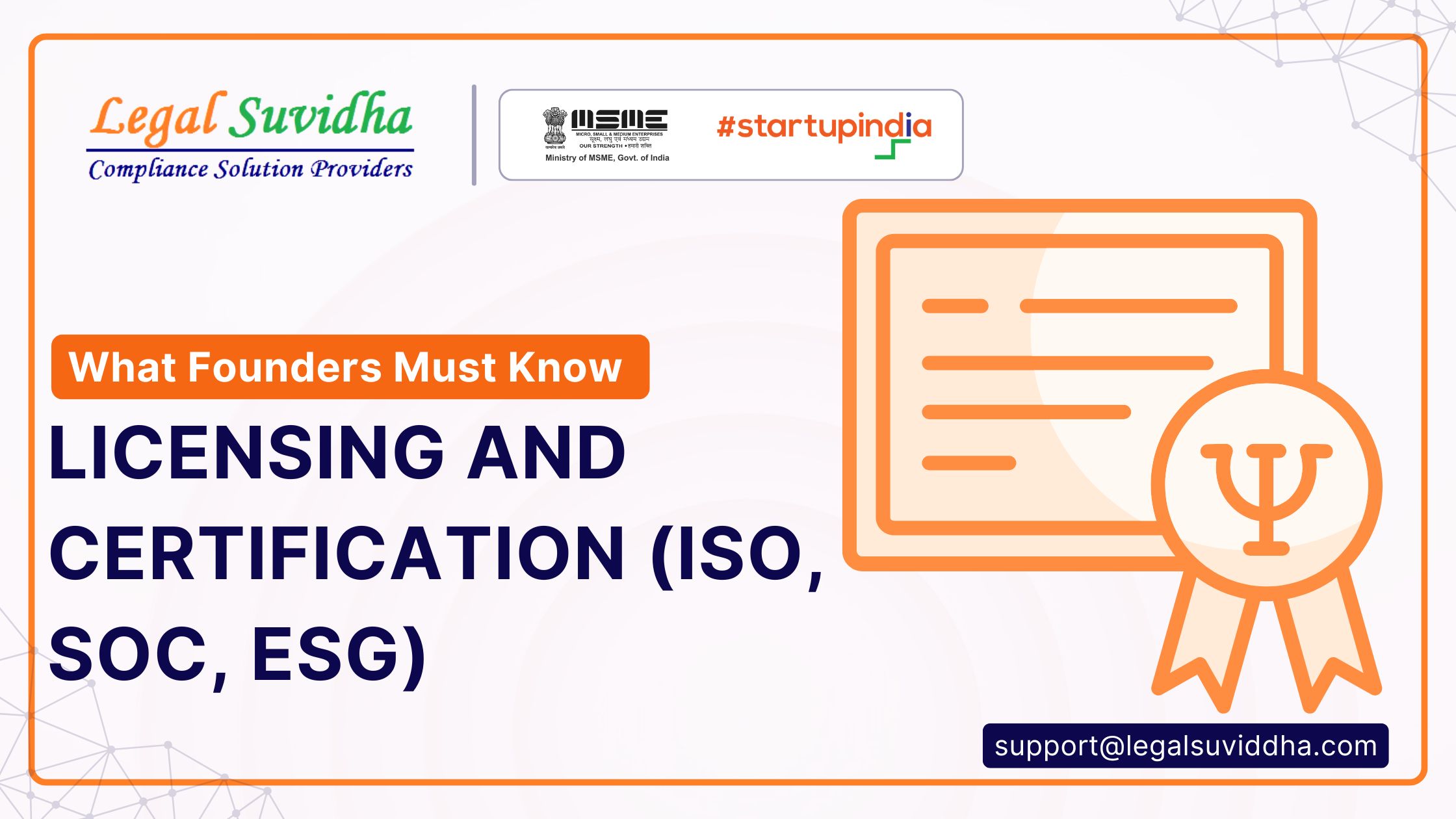In today’s rapidly evolving business landscape, remote work has become increasingly common. Organizations are embracing the flexibility and efficiency that remote teams offer. However, managing business processes and ensuring smooth operations can be challenging when team members are dispersed geographically. This is where mobile Enterprise Resource Planning (ERP) integration comes into play. By integrating ERP systems with mobile technology, businesses can streamline their processes, enhance collaboration, and improve productivity for remote teams. In this blog post, we will explore the benefits and significance of mobile ERP integration in optimizing business operations for remote teams.
1. Enhanced Accessibility:
Mobile ERP integration enables remote team members to access critical business information anytime, anywhere. With mobile devices such as smartphones and tablets, employees can easily access real-time data, collaborate with colleagues, and make informed decisions on the go. Whether they are attending client meetings, working from home, or traveling, remote workers can stay connected and access the necessary resources to fulfill their tasks efficiently.
2. Seamless Communication and Collaboration:
Effective communication and collaboration are essential for the success of any remote team. Mobile ERP integration provides a centralized platform for team members to communicate, share information, and collaborate seamlessly. Through mobile ERP apps, remote employees can exchange messages, share files, and update project statuses in real-time. This fosters better teamwork, reduces delays in decision-making, and ensures that everyone is on the same page despite being physically distant.
3. Improved Productivity:
Mobile ERP integration empowers remote teams to be more productive by automating and streamlining business processes. With mobile access to ERP functionalities, employees can complete tasks such as submitting timesheets, generating reports, and tracking inventory levels directly from their mobile devices. This eliminates the need for manual paperwork and reduces time-consuming administrative work. By automating routine tasks, remote workers can focus on high-value activities, resulting in increased productivity and efficiency.
4. Real-time Data and Analytics:
Access to real-time data and analytics is crucial for informed decision-making. Mobile ERP integration provides remote teams with up-to-date information on sales, inventory, customer data, and more. Through mobile dashboards and reporting tools, team members can monitor key performance indicators (KPIs), track progress, and identify areas for improvement. Real-time insights enable remote teams to make data-driven decisions promptly, improving overall business performance.
5. Enhanced Customer Service:
Remote teams need to deliver exceptional customer service regardless of their physical location. Mobile ERP integration equips employees with the necessary tools and information to serve customers effectively. By accessing customer data, order history, and product information on mobile devices, remote team members can respond to inquiries promptly, track orders, and provide personalized support. This strengthens customer relationships and ensures a consistent experience regardless of whether the team is in the office or working remotely.
6. Scalability and Flexibility:
Mobile ERP integration offers scalability and flexibility for businesses with remote teams. As organizations grow and add more remote employees, mobile ERP systems can easily accommodate the expanding workforce. With cloud-based ERP solutions, businesses can scale their operations without the need for significant infrastructure investments.
Mobility in ERP Systems: Bridging the Gap Between On-site and Off-site Workforces
The advent of technology has revolutionized the way businesses operate, and Enterprise Resource Planning (ERP) systems have played a pivotal role in streamlining business processes. However, the rise of remote workforces has posed new challenges for organizations in maintaining seamless operations and collaboration. To bridge the gap between on-site and off-site workforces, mobility in ERP systems has emerged as a key solution. We will explore the significance of mobility in ERP systems and how it facilitates effective communication, data accessibility, and process integration for both on-site and off-site teams.
1. Empowering Remote Workforces:
Mobility in ERP systems enables remote workers to access critical business information and perform tasks from anywhere, at any time. By providing mobile access to ERP functionalities, remote employees can seamlessly collaborate with their on-site counterparts and contribute to business processes. They can submit timesheets, track project progress, and access real-time data, thereby enhancing productivity and maintaining a consistent flow of work across the organization.
2. Real-time Data Accessibility:
One of the primary benefits of mobility in ERP systems is the ability to access real-time data. Remote team members can retrieve up-to-date information on inventory levels, sales figures, customer interactions, and other crucial metrics directly from their mobile devices. This ensures that all employees, regardless of their location, have access to the same data, enabling them to make informed decisions and respond promptly to changing business requirements.
3. Seamless Collaboration:
Effective collaboration is essential for the success of any workforce, whether on-site or remote. Mobility in ERP systems facilitates seamless collaboration by providing remote employees with the means to communicate, share files, and work collectively on projects. Mobile ERP apps offer features such as messaging, document sharing, and task management, allowing team members to stay connected and collaborate in real-time. This fosters teamwork, reduces communication gaps, and enhances overall efficiency.
4. Process Integration:
Integrating mobile devices with ERP systems enables the smooth integration of business processes for both on-site and off-site teams. Remote workers can participate in workflows, approvals, and document sharing without being physically present in the office. For instance, they can review and approve purchase orders, expense reports, or time-off requests through their mobile devices, ensuring continuous workflow and preventing bottlenecks. This integration of processes ensures a seamless experience for employees across various locations.
5. Enhanced Customer Service:
Mobile ERP systems empower remote teams to provide exceptional customer service. With mobile access to customer data, order history, and product information, remote employees can address customer inquiries promptly, process orders efficiently, and deliver personalized support. This ensures that customers receive consistent service regardless of whether they interact with on-site or remote team members. Mobile ERP systems help in maintaining customer satisfaction and loyalty.
6. Increased Flexibility and Agility:
Mobility in ERP systems offers organizations the flexibility to adapt to changing business needs and market dynamics. With the ability to access ERP functionalities through mobile devices, businesses can quickly respond to emerging opportunities, make data-driven decisions, and modify workflows to accommodate new requirements. Remote workforces can seamlessly integrate with on-site teams, enabling organizations to scale operations and remain agile in a dynamic business environment.
1. Data Encryption and Secure Communication:
To ensure the confidentiality and integrity of data transmitted between mobile devices and ERP systems, strong encryption protocols should be implemented. All communication channels, including mobile apps and data transfers, should be encrypted using robust cryptographic algorithms. This prevents unauthorized access to sensitive information and safeguards against eavesdropping or data interception during transmission.
2. Multi-Factor Authentication (MFA):
Implementing MFA adds an extra layer of security to mobile-ERP integration. Remote workers should be required to provide multiple forms of authentication, such as a password, biometric data, or a security token, to access ERP systems from their mobile devices. This mitigates the risk of unauthorized access even if a password is compromised, as an additional authentication factor is necessary to gain entry.
3. Mobile Device Management (MDM) and Remote Wipe:
Organizations should employ Mobile Device Management (MDM) solutions to manage and secure mobile devices used for ERP access. MDM enables centralized control over mobile devices, allowing IT teams to enforce security policies, deploy security updates, and remotely wipe sensitive data in case of loss or theft. Remote wiping ensures that if a device falls into the wrong hands, all corporate data can be erased to prevent unauthorized access.
4. Secure Mobile App Development:
When developing mobile apps for ERP integration, security considerations should be a top priority. Secure coding practices, regular security audits, and rigorous testing should be conducted to identify and address vulnerabilities. App permissions should be carefully managed, granting only necessary access to device features and data. Regular app updates should be released to patch any security vulnerabilities that may emerge.
5. Employee Training and Awareness:
Remote workers should receive comprehensive training on mobile security best practices. They should be educated about the risks associated with mobile-ERP integration, such as phishing attacks, malware, and insecure Wi-Fi networks. Training programs should emphasize the importance of strong passwords, avoiding suspicious links or downloads, and maintaining the security of mobile devices. Regular reminders and updates on security practices can help reinforce awareness among remote workers.
6. Regular Security Audits and Monitoring:
Continuous monitoring and regular security audits are essential to detect and mitigate potential security breaches in mobile-ERP integration. Employing intrusion detection systems, log analysis, and security event monitoring can help identify any unusual activity or potential threats. Regular penetration testing and vulnerability assessments should be conducted to identify and address weaknesses in the system proactively.
If You have any queries then connect with us at [email protected] or [email protected] & contact us & stay updated with our latest blogs & articles








